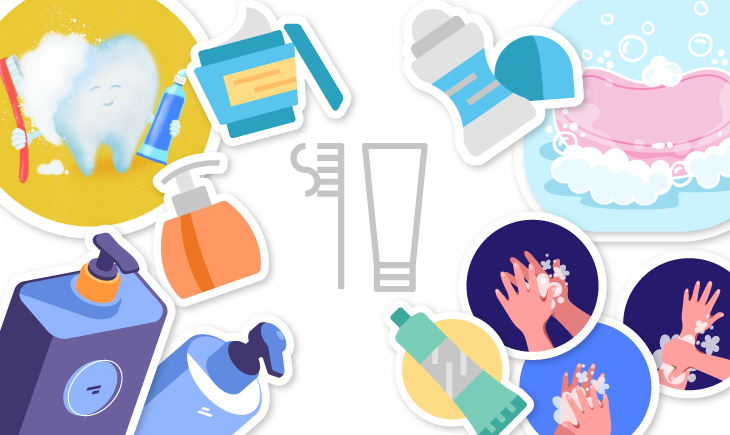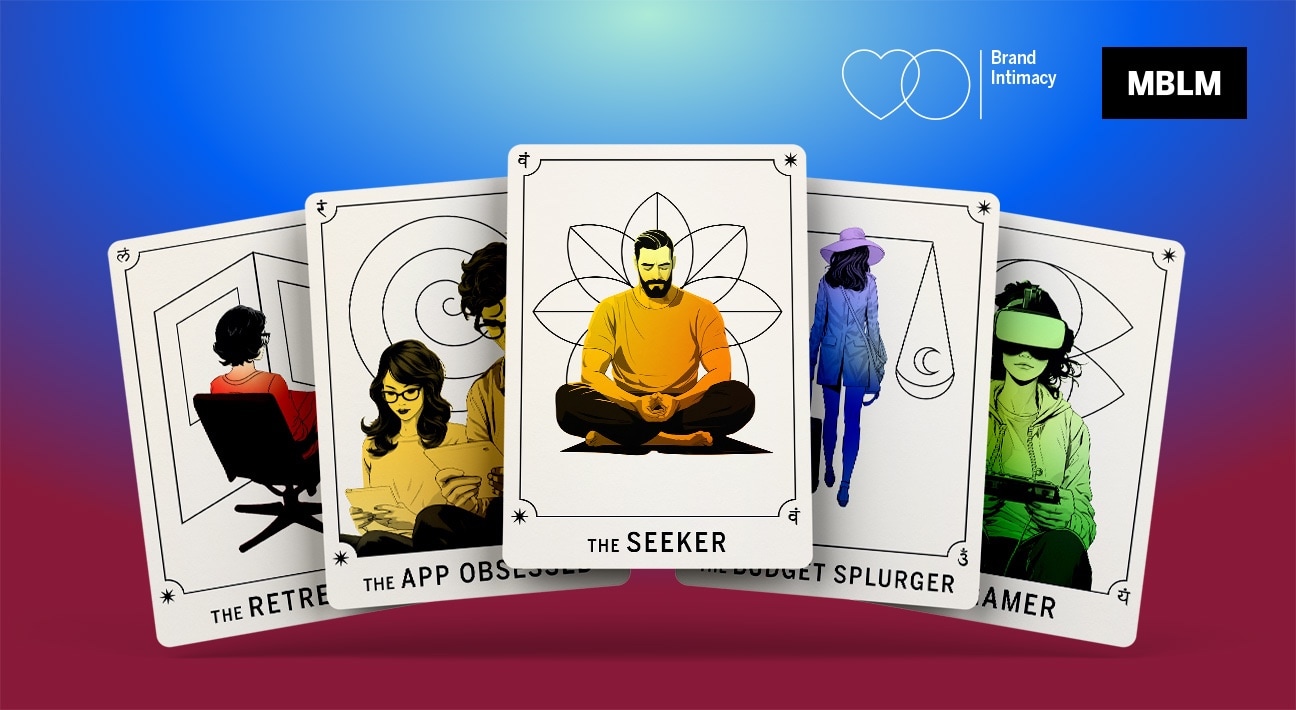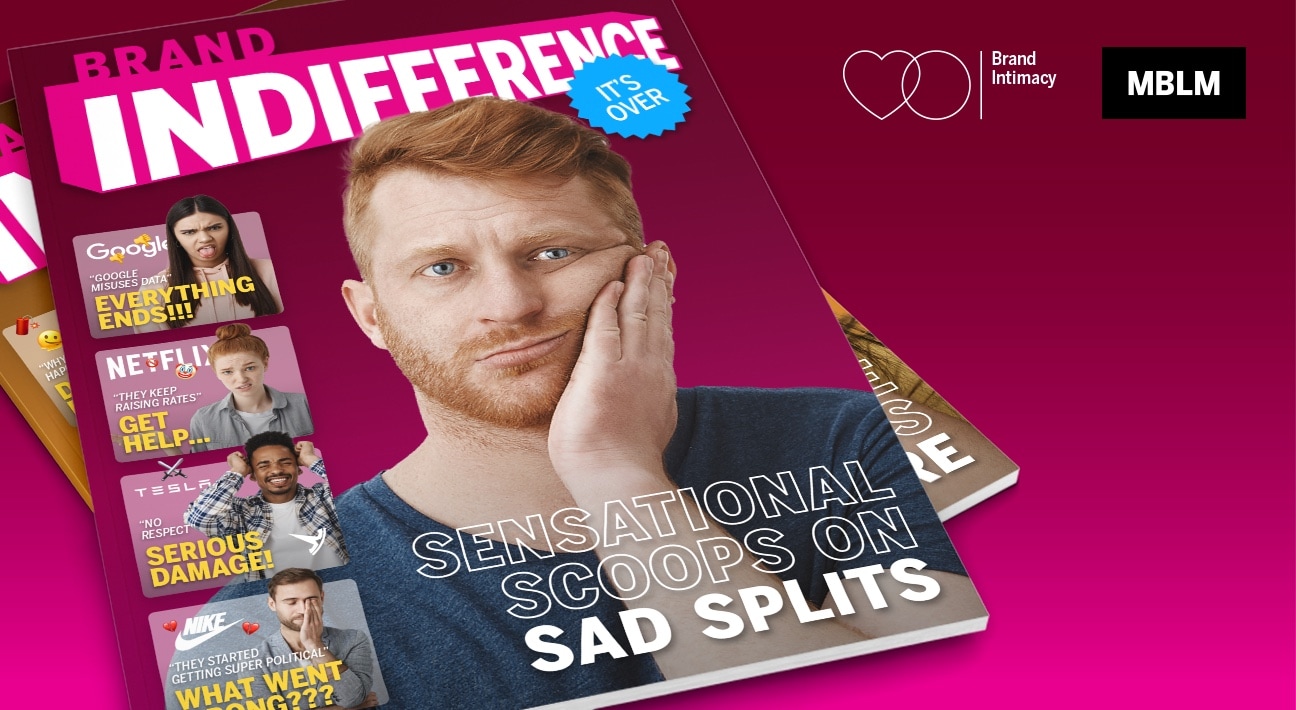Health & Hygiene Ranked Eighth Out of 15 Industries Studied in MBLM’s Brand Intimacy 2020 Study

The health & hygiene industry retained its 2019 spot and ranked eighth out of the 15 industries studied in MBLM’s Brand Intimacy 2020 Study, which is the largest study of brands based on emotions. MBLM (pronounced Emblem), the agency using emotional science to build more intimate brands during these unprecedented times, announced the health & hygiene findings of its annual study and also further examined how the pandemic is impacting brands in the industry. Additionally, the agency explored how leader Dove is communicating about important racial justice and social issues. Brand Intimacy is defined as the emotional science that measures the bonds we form with the brands we use and love, and has become more important as brands adjust the ways they connect with consumers today.
MBLM’s study, now in its 10th year, revealed that Dove ranked #1 in the health & hygiene industry followed by Olay and Head & Shoulders. The remaining brands in the top 10 for the industry were Ivory, Colgate, Scope, Pantene, Crest, Nivea and Listerine. Additionally, top intimate brands in the U.S. continued to significantly outperform the top brands in the Fortune 500 and S&P indices in both revenue and profit over the past 10 years, according to the study.
“The health & hygiene industry has maintained its status quo in our annual study ranking,” stated Mario Natarelli, managing partner, MBLM. “Some brands in the industry have struggled during the pandemic as consumers’ priorities have shifted to essentials, while certain areas such as sanitization have seen an increase in sales. As we move forward in 2020 with much of our country still focused on safety, it will be interesting to see how the relationships that brands form with consumers evolve and how they focus on strengthening the bonds.”
The COVID-19 pandemic has impacted the industry in numerous ways. McKinsey estimates that global beauty industry revenues could decline 20% to 30% globally this year, and in the U.S., if there is a recurrence of the pandemic later in 2020, sales could drop by as much as 35%.1 However, certain segments of the industry are seeing increased sales. For example, hand mask sales grew by 606.4% and hand soap grew by 438.4% in the U.S. between February and March 2020.2 Brands in the industry are also giving back during the pandemic. In April, Dove released its ‘Courage Is Beautiful’ ads acknowledging the dedication of healthcare workers fighting the pandemic and highlighting the brand’s donation to Direct Relief to help U.S. healthcare workers.3 Also, Pantene donated $500,000 to Feeding America in April 2020.4
Additional significant health & hygiene industry findings in the U.S. include:
- The U.S. health & hygiene industry had an average Brand Intimacy Quotient of 30.1
- Dove was the top intimate brand among millennials, while consumers over 35 years old preferred Ivory
- Dove ranked #1 among consumers with incomes under $100,000, whereas Colgate led among users with incomes over $100,000
- Men also selected Colgate as their favorite intimate brand, while women preferred Olay
- Ritual, which is related to a brand being ingrained into daily actions, was the most prominent archetype in the category, and Head & Shoulders was the top health & hygiene brand for ritual
MBLM also further examined the industry in a piece entitled, “Dove Today. The Changing Voice of the Most Intimate Health & Hygiene Brand.” The article analyzes the health & hygiene findings of MBLM’s Brand Intimacy 2020 Study and also discusses the effect of the COVID-19 pandemic on the industry. Furthermore, MBLM augmented its Brand Intimacy research with social listening research it captured during the week of June 22, studying the communications of the top intimate brands, focused on their websites and inbound social. This review found that Dove was much more likely to discuss issues related to racial justice, celebrate the individual and express concern about the mental health of its customers. The brand also focused on its contributions during the pandemic. Among the brands reviewed, Dove had most significantly expanded its communications to address today’s realities. MBLM asks questions about how Dove’s current initiatives will change post-pandemic and as we return to “normal” life. Already centered on emotions and celebrating the real beauty within, Dove has demonstrated continued emotional bonding during this time and providing substantial support and encouragement.
The Brand Intimacy 2020 Report contains the most comprehensive rankings of brands based on emotion, analyzing the responses of 6,200 consumers and 56,000 brand evaluations across 15 industries in the U.S., Mexico and UAE. MBLM’s reports and rankings tool showcase the performance of almost 400 brands, revealing the characteristics and intensity of the consumer bonds.
To view the health & hygiene industry findings, please click here. To download the full Brand Intimacy 2020 Study or explore the Rankings click here.
Methodology
During 2019, MBLM with Praxis Research Partners conducted an online quantitative survey among 6,200 consumers in the U.S. (3,000), Mexico (2,000), and the United Arab Emirates (1,200). Participants were respondents who were screened for age (18 to 64 years of age) and annual household income ($35,000 or more) in the U.S. and socioeconomic levels in Mexico and the UAE (A, B and C socioeconomic levels). Quotas were established to ensure that the sample mirrored census data for age, gender, income/socioeconomic level, and region. The survey was designed primarily to understand the extent to which consumers have relationships with brands and the strength of those relationships from fairly detached to highly intimate. It is important to note that this research provides more than a mere ranking of brand performance and was specifically designed to provide prescriptive guidance to marketers. We modeled data from over 6,200 interviews and approximately 56,000 brand evaluations to quantify the mechanisms that drive intimacy. Through factor analysis, structural equation modeling, and other sophisticated analytic techniques, the research allows marketers to better understand which levers need to be pulled to build intimacy between their brand and consumers. Thus, marketers will understand not only where their brand falls in the hierarchy of performance but also how to strengthen performance in the future.
To read a more detailed description of MBLM’s approach, visit its Methodology page.
1. How COVID-19 is changing the world of beauty
2. Coronavirus (COVID-19): Impact on sales growth of skin care products in the United States between February and March 2020, by category
3. Dove salutes healthcare workers with ‘Courage Is Beautiful’ ads
4. PANTENE HELPS NORTH AMERICAN FAMILIES FACING FOOD INSECURITY

